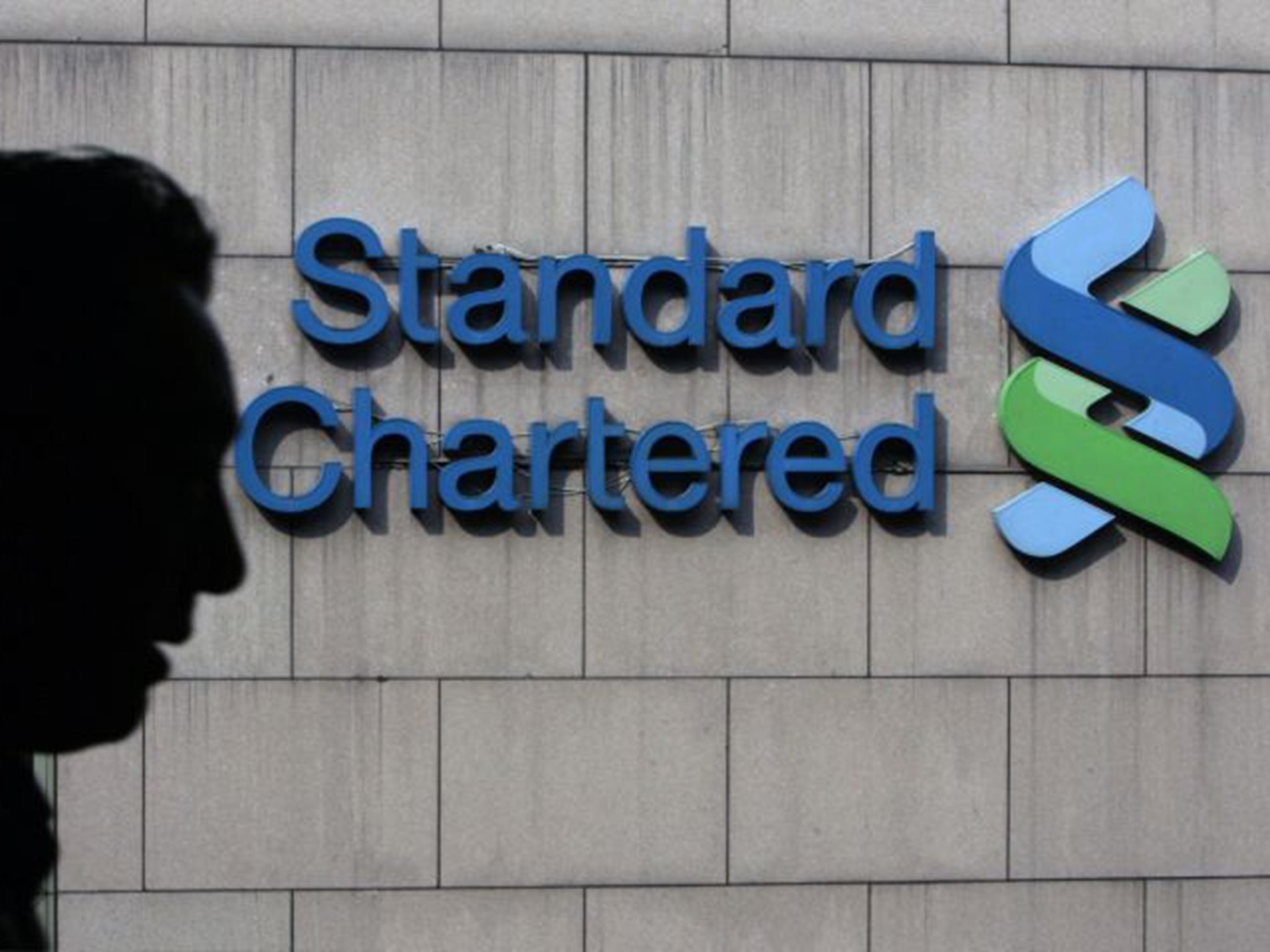Standard Chartered cull as Bill Winters is unveiled as new chief executive
Mr Winters will join the bank in May

Standard Chartered is to lose nearly a third of its board, including its chief executive Peter Sands and the chairman Sir John Peace, in the wake of months of discontent among shareholders, alarmed at the hole the bank has fallen into.
But the emerging markets-focused business scored a coup by announcing that Mr Sands’ replacement will be Bill Winters, once seen as the heir apparent to Jamie Dimon at JP Morgan, and one of the architects of Britain’s most important banking reforms through his work on the Independent Commission on Banking.
Mr Winters, who at 53 is the same age as Mr Sands, will join the bank in May, taking over officially in June when the latter departs. He will enjoy a base salary of £1.15m plus perks, which could be trebled to nearly £3.5m with bonuses.
Mr Sands will receive a 12-month pay-off. He was paid a salary of $1.7m last year and, despite receiving a 21 per cent bonus cut, picked up another $4.6m in bonus and share awards. In 2013 he collected $11.3m
Mr Sands had run the bank for eight years, overseeing strong growth for much of that period. Shareholders became accustomed to the operation announcing record profits every year, including throughout the financial crisis.
But more recently the wheels have started to fall off, with profit warnings, and a 30 per cent fall in the shares price over the past 12 months.
The bank’s recent difficulties have sparked mounting demands for change among key shareholders such as Aberdeen Asset Management and Temasek, Singapore’s sovereign wealth fund.
But few would have predicted the scale of the shake-up that has emerged. Sir John Peace, chairman, will also stand down in 2016 and the three longest standing non-executive directors will go this year. Ruth Markland, Paul Skinner and Oliver Stockten have all been on the board for more than decade.
The process will be completed with the departure of Jaspal Bindra, chief executive of its biggest geographical area, Asia, after 16 years’ service. He drew the ire of regulators after complaining they had treated banks “like criminals” for lapses.
Repairing relations with watchdogs, particularly in the US, will be one of Mr Winters’ most important jobs.
Sir John refused to discuss the shareholders’ discontent. “It is very important to consult with shareholders but, ultimately, decisions like this are up to the board,” he said. “Bill is a world-class banker with a great reputation with regulators and clients.”
Temasek, which has a 17.7 per cent stake, welcomed the hiring of Mr Winters, saying he had “an excellent reputation for building good teams”.
Martin Gilbert, the chief executive of Aberdeen Asset Management, which holds 7 per cent, said: “He is a great choice for a great bank.”
The markets responded positively, with the shares rising by more than 5 per cent. However, investors are jittery over next week’s full-year results, fearing they may be worse than expected – or even that the bank could launch a rights issue. Sir John said people “will have to wait until then”.
Sir John, who was paid $1.8m last year, said Mr Sands had overseen Standard Chartered since 2006, seeing it through the financial crisis and “doubling it in size by virtually every measure”.
Mr Sands said: “The last eight years have been exciting and challenging and the last couple of years were tougher.”
Winters' Tale: A rising star in London Banking
James Moore
The headlines will no doubt focus on the time Bill Winters shed his shirt and performed a respectable solo song at a charity event.
Far more noteworthy are his accomplishments in banking. The 53-year-old American, who trained at JP Morgan, came to prominence as its co-head of investment banking in London.
He was once seen as the heir apparent to long-standing chief executive Jamie Dimon. But the position of crown prince at that bank is not one to get comfortable in and he ended up getting his marching orders shortly after admitting that some bankers had been greedy and inept.
He had also warned JP of the risks it was running before it racked up losses of more than $6bn in London in 2012.
While Dimon was moaning about regulatory reform on Wall Street, Winters took a place at the forefront of it in the City of London, on the Government’s five-member Independent Commission on Banking. Its reforms have included the ring fence around retail banking assets, which has led to much gnashing of teeth at certain banks.
Since leaving JP, he’s been linked to just about every high-profile job going. He has landed at Standard Chartered, a bank that had defied gravity for years but is now in trouble. It may have found its way out.
Subscribe to Independent Premium to bookmark this article
Want to bookmark your favourite articles and stories to read or reference later? Start your Independent Premium subscription today.

Join our commenting forum
Join thought-provoking conversations, follow other Independent readers and see their replies